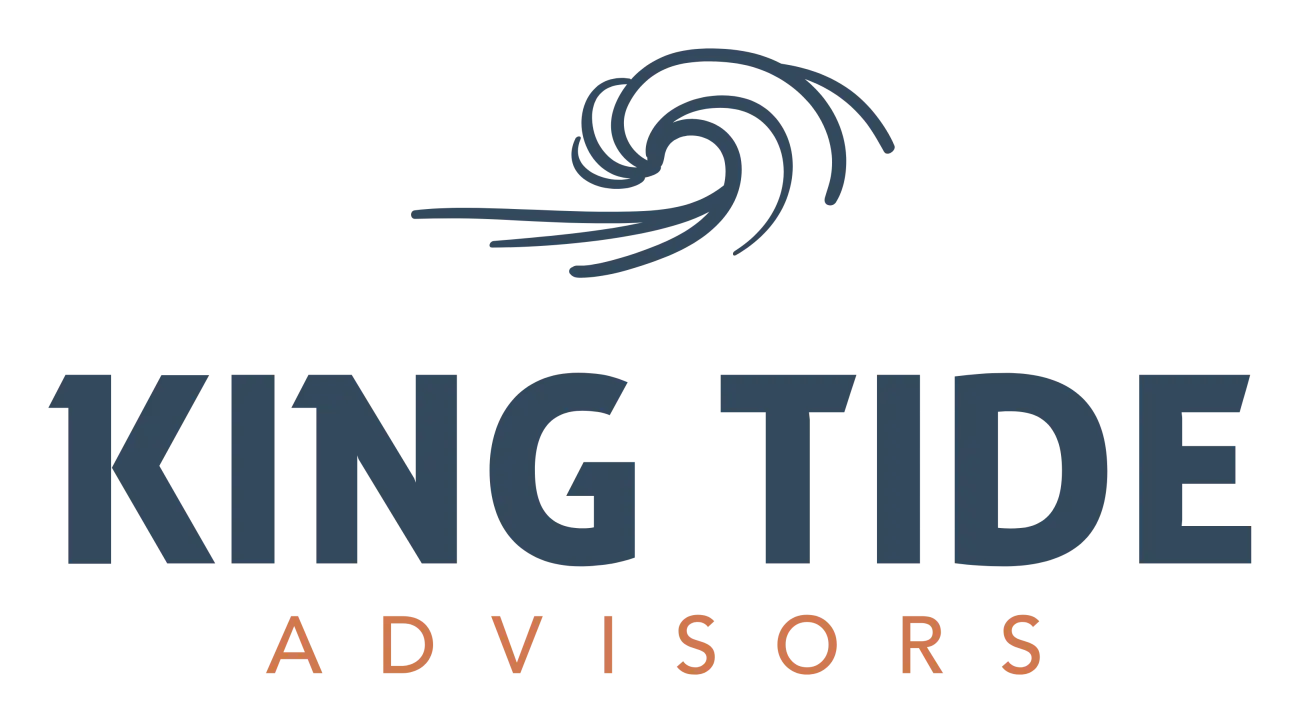Why Knowing Your Risk Tolerance Matters
Investing can be a rollercoaster ride, filled with ups and downs that challenge even the steeliest of nerves. Understanding your risk tolerance is crucial because it helps you navigate these emotional and financial twists and turns. Successfully balancing the potential for opportunity against the possibility of loss requires a clear grasp of how much uncertainty you can handle. By knowing your risk tolerance, you're better equipped to make informed decisions that align with your investment goals.
Your Investment Objectives
Setting investment goals is like choosing your destination on a journey. Are you saving for retirement, aiming for capital preservation, or seeking to generate income? Each goal has different risk implications. A long-term horizon, like retirement savings, might allow for higher risk due to the potential for greater returns over time. Conversely, more immediate goals might necessitate a conservative approach to safeguard your assets.
The Role of Time in Risk Assessment
Time is a pivotal factor in determining your ability to take on risk. Younger investors, with decades to recover from potential market downturns, can generally afford a higher risk tolerance. This contrasts with older investors, particularly those nearing retirement, who might focus on protecting their nest egg. Aligning your investment strategy with your time horizon helps in managing risks effectively.
Facing Uncertainty and Market Volatility
Risk in investments isn't just a wild card; it's an integral component of the total picture. Your comfort with uncertainty and your reactions to market volatility define your risk tolerance. For instance, if you're prone to selling investments at the first sign of market decline, you might lean towards a conservative strategy. Conversely, if you're willing to buy during volatile periods, this indicates a more aggressive stance. Reflecting on past financial behavior can provide valuable insights into your risk profile.
Other Influences on Risk Tolerance
Besides age and investment goals, several other factors shape your risk tolerance. Income level, future earning potential, and overall risk capacity are significant considerations. It's also essential to think about your ability to absorb financial shocks alongside your emotional comfort with risk. The interplay of these elements creates a nuanced picture of risk tolerance that varies from person to person.
Understanding your risk tolerance is a vital step toward achieving your financial goals. It's a highly personal and evolving aspect of investing that should adapt as your life circumstances change. If you're unsure about where you stand, seeking professional guidance can provide clarity. Consider reaching out to assess your risk tolerance and optimize your portfolio strategy, ensuring that your investments align with both your goals and your comfort level.

